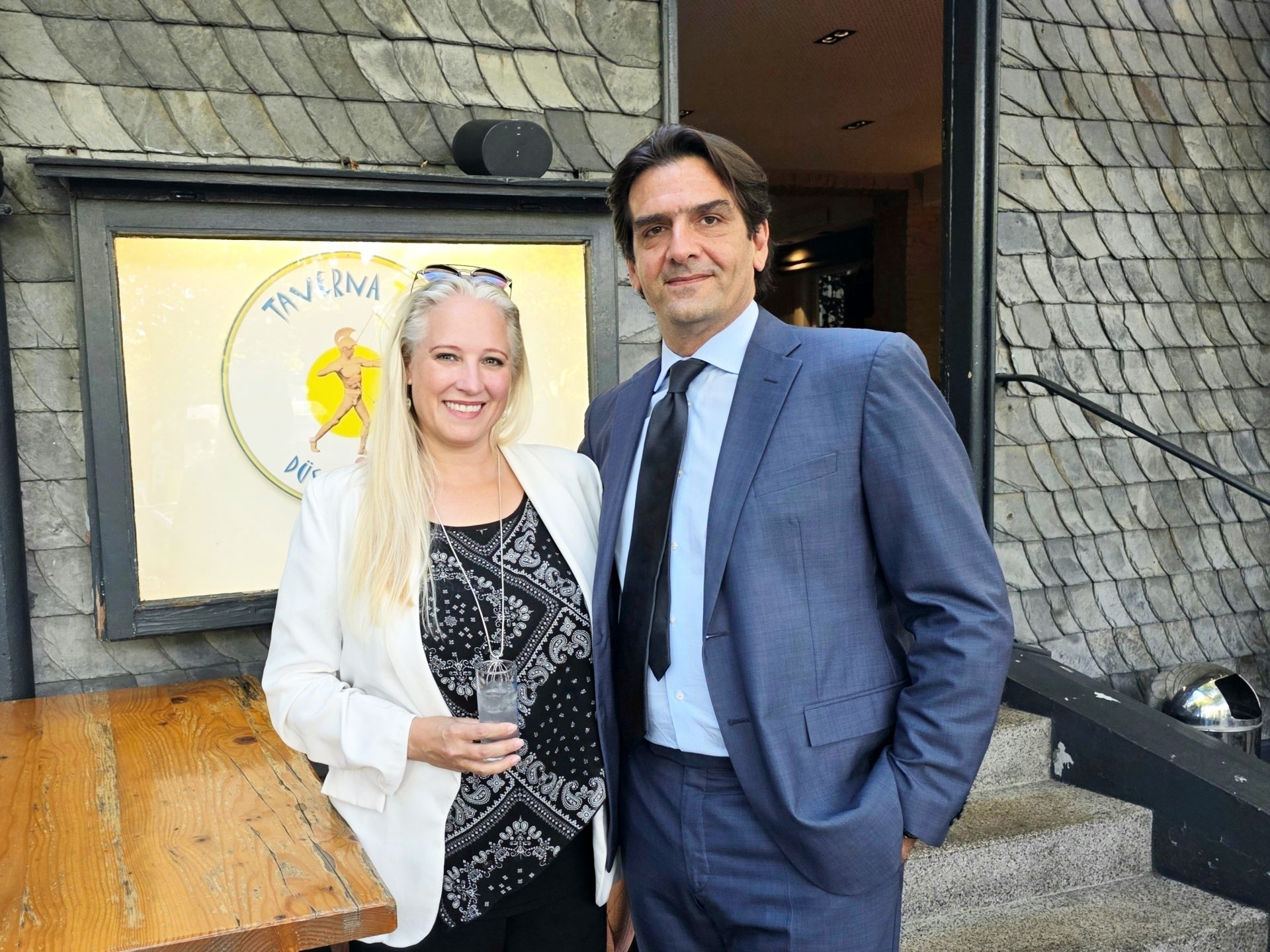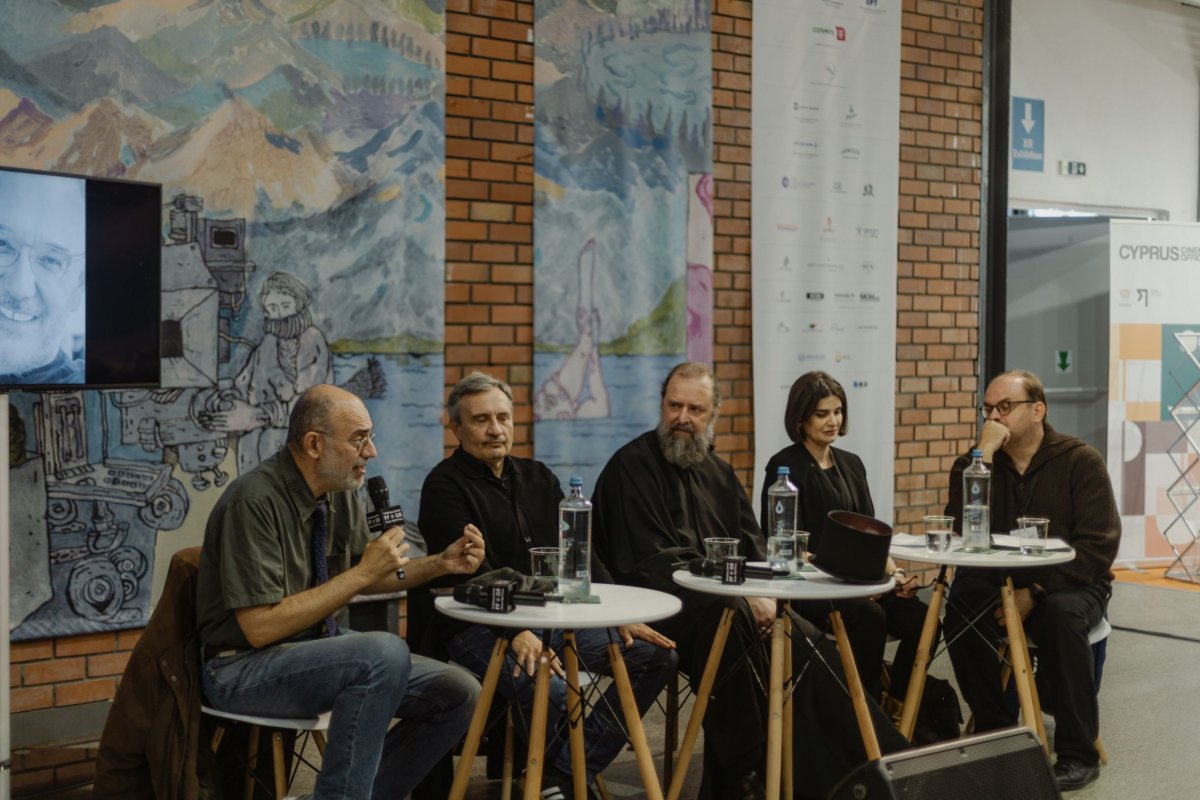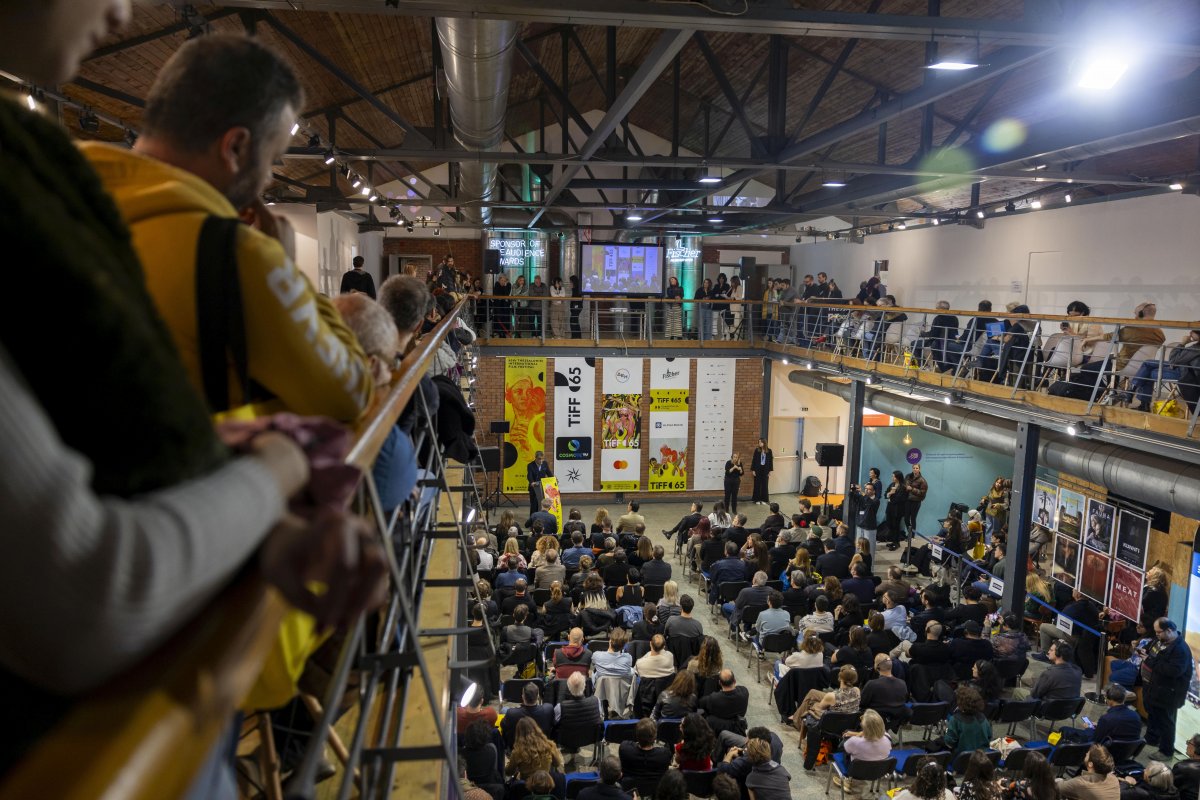In einer Zeit, in der kulturelle Verständigung immer wichtiger wird, standen kürzlich die deutsch-griechischen Kulturbeziehungen im Mittelpunkt eines intensiven Gesprächs zwischen der Unternehmerin und Verlegerin Iris Kater und dem griechischen Generalkonsul in Düsseldorf, Vassilis Koinis. Beide betonten eindringlich, dass Kultur weit mehr ist als ein schmückendes Beiwerk: Sie ist Fundament und Brücke zugleich – zwischen Nationen, Generationen und Traditionen.
Von HB-Redakteurin Sabrina Köhler
Aktuell – Schon seit Jahrhunderten sind Deutschland und Griechenland kulturell eng verbunden. Deutsche Gelehrte wie Goethe oder Hölderlin fanden Inspiration in der antiken griechischen Dichtung, während griechische Intellektuelle im 19. und 20. Jahrhundert in Deutschland Impulse für ihre nationale Literatur und Bildungsreformen aufnahmen. Auch heute noch prägt dieser Austausch das literarische und kulturelle Leben beider Länder. „Die Literatur ist der Herzschlag der Völkerverständigung“, betonte Iris Kater, die mit ihrem Engagement als Verlegerin immer wieder Plattformen für internationalen Austausch schafft.
Generalkonsul Koinis hob hervor, dass die griechische und deutsche Literatur durch gemeinsame Themen wie Freiheit, Humanität und das Ringen um Identität verbunden seien. „Die Werke unserer Schriftsteller sind Fenster in die Seele beider Nationen. Wenn wir sie öffnen, sehen wir nicht nur Unterschiede, sondern vor allem, wie ähnlich wir in unseren Hoffnungen und Sorgen sind“, so Koinis.
Doch wie kann diese lebendige Verbindung weiter gestärkt werden? Beide Gesprächspartner waren sich einig: Der Schlüssel liegt in Begegnungen. Lesungen, Übersetzungsförderung, gemeinsame Kulturprojekte, aber auch schulische Austauschprogramme könnten die Brücken zwischen jungen Menschen neu schlagen. Digitale Plattformen böten zusätzliche Chancen, Autoren und Leser über Ländergrenzen hinweg miteinander ins Gespräch zu bringen. „Wir sollten die Kultur nicht nur feiern, sondern auch aktiv leben“, fasste Kater zusammen. „Gerade in Zeiten gesellschaftlicher Herausforderungen zeigt sich wie wertvoll es ist voneinander zu lernen.“
Das Gespräch in Düsseldorf war ein starkes Signal dafür, dass deutsch-griechische Kulturbeziehungen nicht allein Geschichte sind, sondern Gegenwart und Zukunft – getragen von Menschen, die mit Leidenschaft daran arbeiten, Worte in Verbindungen und Ideen in gelebte Freundschaft zu verwandeln. (sk)

From Homer to Hölderlin: How Literature connects two Nations
At a time when cultural understanding is becoming ever more important, German-Greek cultural relations recently took center stage in an in-depth conversation between entrepreneur and publisher Iris Kater and the Greek Consul General in Düsseldorf, Vassilis Koinis. Both emphasized that culture is far more than an ornamental accessory: it is both a foundation and a bridge – connecting nations, generations, and traditions.
Germany and Greece have been closely linked culturally for centuries. German scholars such as Goethe and Hölderlin drew inspiration from ancient Greek poetry, while Greek intellectuals in the 19th and 20th centuries found in Germany the impulses that shaped their national literature and educational reforms. Even today, this exchange continues to enrich the literary and cultural life of both countries. “Literature is the heartbeat of mutual understanding among nations,” stressed Iris Kater, who, through her work as a publisher, has repeatedly created platforms for international exchange.
Consul General Koinis pointed out that Greek and German literature are bound together by shared themes such as freedom, humanity, and the search for identity. “The works of our writers are windows into the soul of both nations. When we open them, we do not see only differences, but above all how similar we are in our hopes and concerns,” Koinis explained.
But how can this vibrant connection be further strengthened? Both interlocutors agreed: the key lies in encounters. Readings, translation support, joint cultural projects and school exchange programs could build new bridges between young people. Digital platforms, too, offer fresh opportunities to connect authors and readers across borders. “We should not only celebrate culture, but actively live it,” Kater concluded. “Especially in times of societal challenges, we see how valuable it is to learn from one another.”
The discussion in Düsseldorf sent a strong signal that German-Greek cultural relations are not only history, but also present and future – carried forward by people working passionately to transform words into connections and ideas into lived friendship.
Από τον Όμηρο έως τον Χέλντερλιν: Πώς η λογοτεχνία ενώνει δύο έθνη
Σε μια εποχή όπου η πολιτιστική κατανόηση γίνεται όλο και πιο σημαντική, οι ελληνογερμανικές πολιτιστικές σχέσεις βρέθηκαν πρόσφατα στο επίκεντρο μιας εις βάθος συζήτησης ανάμεσα στην επιχειρηματία και εκδότρια Ίρις Κάτερ και τον Γενικό Πρόξενο της Ελλάδας στο Ντίσελντορφ, Βασίλη Κόινη. Και οι δύο τόνισαν με έμφαση ότι ο πολιτισμός είναι κάτι πολύ περισσότερο από ένα διακοσμητικό στοιχείο: αποτελεί θεμέλιο και γέφυρα ταυτόχρονα – μεταξύ εθνών, γενεών και παραδόσεων.
Η Γερμανία και η Ελλάδα είναι πολιτιστικά στενά συνδεδεμένες εδώ και αιώνες. Γερμανοί λόγιοι όπως ο Γκαίτε και ο Χέλντερλιν εμπνεύστηκαν από την αρχαία ελληνική ποίηση, ενώ Έλληνες διανοούμενοι του 19ου και 20ού αιώνα αντλούσαν από τη Γερμανία ερεθίσματα για την εθνική τους λογοτεχνία και τις εκπαιδευτικές μεταρρυθμίσεις. Ακόμη και σήμερα, αυτή η ανταλλαγή συνεχίζει να διαμορφώνει τη λογοτεχνική και πολιτιστική ζωή και των δύο χωρών. «Η λογοτεχνία είναι ο παλμός της αμοιβαίας κατανόησης των λαών», τόνισε η Ίρις Κάτερ, η οποία με το εκδοτικό της έργο δημιουργεί συνεχώς πλατφόρμες για διεθνή διάλογο.
Ο Γενικός Πρόξενος Κόινης υπογράμμισε ότι η ελληνική και η γερμανική λογοτεχνία συνδέονται μέσα από κοινά θέματα όπως η ελευθερία, η ανθρωπιά και η αναζήτηση της ταυτότητας. «Τα έργα των συγγραφέων μας είναι παράθυρα στην ψυχή των δύο εθνών. Όταν τα ανοίγουμε, δεν βλέπουμε μόνο διαφορές, αλλά κυρίως πόσο όμοιοι είμαστε στις ελπίδες και στις ανησυχίες μας», εξήγησε.
Πώς όμως μπορεί να ενισχυθεί ακόμη περισσότερο αυτή η ζωντανή σχέση; Και οι δύο συνομιλητές συμφώνησαν: το κλειδί βρίσκεται στις συναντήσεις. Αναγνώσεις, προγράμματα στήριξης μεταφράσεων, κοινά πολιτιστικά εγχειρήματα αλλά και σχολικές ανταλλαγές μπορούν να δημιουργήσουν νέες γέφυρες για τους νέους. Οι ψηφιακές πλατφόρμες προσφέρουν επίσης νέες δυνατότητες, ώστε συγγραφείς και αναγνώστες να έρχονται σε επαφή πέρα από τα σύνορα. «Δεν πρέπει μόνο να γιορτάζουμε τον πολιτισμό, αλλά και να τον ζούμε ενεργά», κατέληξε η Κάτερ. «Ιδίως σε περιόδους κοινωνικών προκλήσεων φαίνεται πόσο πολύτιμο είναι να μαθαίνουμε ο ένας από τον άλλον».
Η συζήτηση στο Ντίσελντορφ έστειλε ένα ισχυρό μήνυμα ότι οι ελληνογερμανικές πολιτιστικές σχέσεις δεν αποτελούν μόνο ιστορία, αλλά και παρόν και μέλλον – στηριγμένες από ανθρώπους που εργάζονται με πάθος για να μετατρέψουν τα λόγια σε δεσμούς και τις ιδέες σε ζωντανή φιλία.




